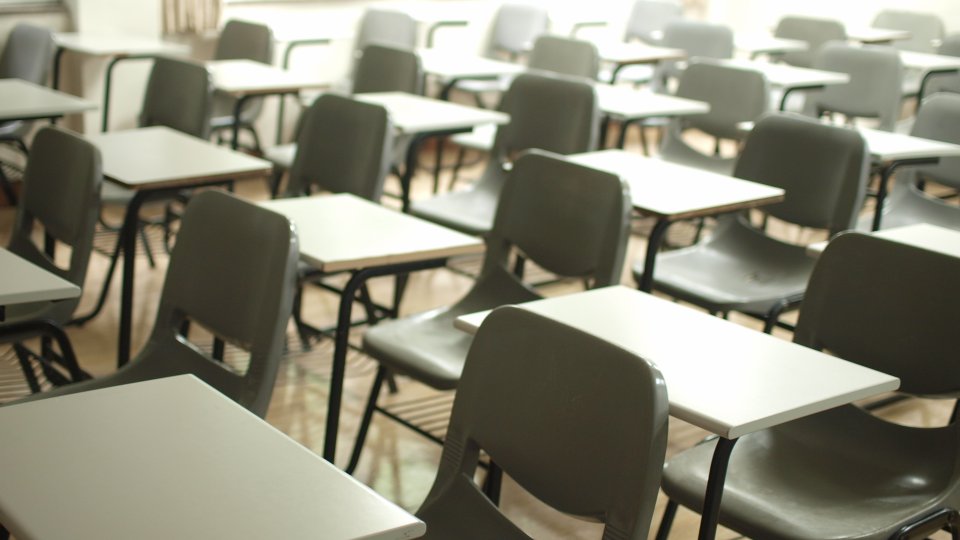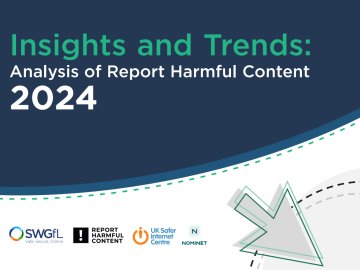Until the 9th May, our Harmful Sexual Behaviour Support Service are highlighting a number of safeguarding tips on social media to support teachers and professionals who are working with children and young people, affected and impacted by harmful sexual behaviour (HSB).
As part of the new #SpotandSupport campaign, each safeguarding tip will highlight various signs of HSB in children, alongside appropriate ways that professionals can support the young person in question. The 10 day campaign emphasises the prevalence of this harmful behaviour in schools and other communities, and looks to support those who are in need of vital advice and guidance.
The campaign has provided the following pieces of advice:
- If you think children may be viewing sexual content online, ask them to consider how the time spent online is affecting their real-life perceptions of relationships and other people.
- If a student is using aggressive or sexualised language, ask them why they are using it and explain why it is inappropriate and damaging to others.
- It is vital to emphasise the importance of consent around sexual activity with peers. If a child appears visibly uncomfortable when talking about their experiences, carefully ask if anything is troubling them.
- If you notice a child possessing or sharing self-generated sexual imagery or child sexual abuse material, you should explain that any relationship or friendship should make us feel safe, comfortable and involve mutual respect.
- If you believe a child is engaging in, or affected by, abusive or sexually violent behaviour, you should try and provide a safe space to facilitate a conversation to address your concerns directly and seek further support.
- If students are spending increased time together alone, especially an older teenager with a younger child, you should talk to them to assess the nature of their relationship. If the behaviour becomes more frequent or worrying, you should speak to them individually to check their understanding of an equal relationship.
- Staff should learn to recognise signs of inappropriate touching between children. To avoid further instances, staff can also empower and inform students, in lessons, about this inappropriate behaviour by using language that young people will understand.
- If a child is expressing sexual behaviour that's inappropriate for their age, ask them where they saw or learned the behaviour from. This may help you to understand what has been causing it before deciding what to do next.
- If you see a child displaying sexual behaviour, you should respond to the concerns or notify safeguarding colleagues. Further advice can be sought from the Harmful Sexual Behaviour Support Service.
- If a student has disclosed that they have been raped or seriously sexually assaulted, an immediate and appropriate response is imperative. The student needs to be reassured, not blamed for what happened and supported throughout.
Alongside this, the Harmful Sexual Behaviour Support Service continues to operate from 8am – 8pm, Monday – Friday where our practitioners are on hand to guide those who work within education, healthcare, social care and other professions, to other appropriate services and resources.
Those who would like to follow our ‘Spot and Support’ guidance can find each piece of advice by following us on Twitter and LinkedIn. Alternatively, to receive more direct support please contact the HSB support service on 0344 2250623 or via email: hsbsupport@swgfl.org.uk.
Discover how our supportive service can help you or your colleagues, by visiting our Harmful Sexual Behaviour Support Service page.






